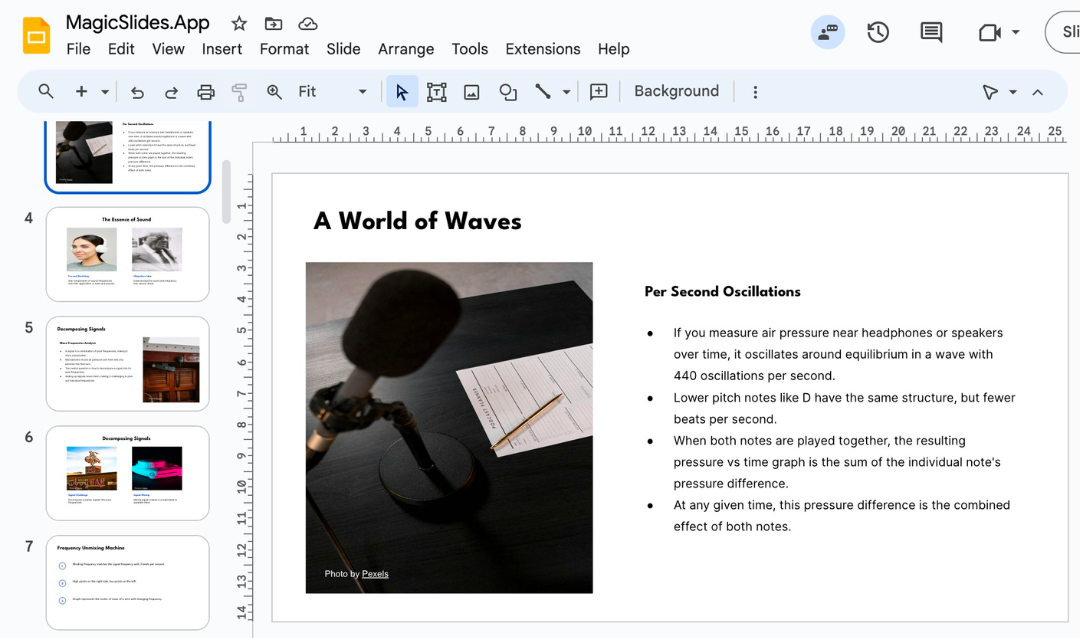

What is a Resume?
Key Features of a Resume:
- Length: Usually one page, can extend to two pages for extensive experience.
- Focus: Tailored to a specific job; emphasizes relevant experience and skills.
- Format: Organized sections like summary, experience, education, and skills.
- Tone: Professional but can vary based on the industry (creative resumes may use different designs).
What is a CV?
Key Features of a CV:
- Length: Typically two or more pages; there is no strict limit.
- Focus: Comprehensive; covers all aspects of your career.
- Format: Includes detailed sections such as academic achievements, teaching experience, research experience, publications, and professional memberships.
- Tone: Formal and detailed, reflecting a complete academic or professional journey.
Key Differences Between CV and Resume
Feature | Resume | CV |
Length | 1-2 pages | 2+ pages |
Purpose | Job application | Comprehensive overview of career |
Focus | Specific job-related information | Complete career history |
Sections | Summary, work experience, education | Education, research, publications, etc. |
Usage | Common in the U.S. for most jobs | Common in academia and international jobs |
When to Use a CV vs. a Resume
- Use a Resume When:
- Applying for positions in the private sector, such as business, technology, and non-profits.
- You have relevant experience that can be highlighted in a concise format.
- You want to tailor your application to specific job postings.
- Use a CV When:
- Applying for academic positions, research roles, or postgraduate programs.
- You have extensive educational and professional accomplishments to showcase.
- You are applying for jobs in countries where CVs are the norm (e.g., Europe, Asia).
Tips for Crafting an Effective Resume
- Tailor Your Content: Customize your resume for each job application, emphasizing relevant experiences and skills.
- Use Action Verbs: Start bullet points with action verbs to convey accomplishments effectively (e.g., "Developed," "Managed," "Led").
- Quantify Achievements: Whenever possible, use numbers to demonstrate your impact (e.g., "Increased sales by 30%").
- Keep It Concise: Stick to one page if possible; two pages are acceptable for those with extensive experience.
- Proofread: Ensure there are no spelling or grammatical errors. A clean, error-free resume creates a good impression.
Tips for Crafting an Effective CV
- Be Detailed: Include all relevant information, even if it extends beyond two pages.
- Organize Clearly: Use headings and subheadings to make it easy to navigate through different sections.
- Highlight Academic Achievements: Emphasize your education, publications, research, and professional memberships.
- Keep it Updated: Regularly update your CV with new experiences, publications, and achievements to ensure it reflects your current status.
- Use a Formal Tone: Maintain a professional and formal tone throughout your CV.
Common Misconceptions
- "CVs are always longer than resumes." While CVs typically cover more content, the length can vary based on the individual's career.
- "You only need one type of document." Depending on the job or field, you may need both a CV and a resume, tailored for different opportunities.
- "Resumes are only for the U.S." While resumes are more common in the U.S., they are used in various countries, especially in private sectors.
Statistics and Trends
- According to a survey by CareerBuilder, 58% of employers prefer resumes that are one page long.
- The U.S. Bureau of Labor Statistics indicates that over 50% of job seekers are using resumes, while 20% use CVs.
- A LinkedIn survey showed that 93% of recruiters use LinkedIn to evaluate candidates, making it essential to maintain an updated profile that aligns with your CV or resume.
